About
Musicology Now is the digital publication of the American Musicological Society written for the general public. It seeks to engage educators, musicians, listeners, and colleagues with fresh research and ideas about music. The platform is invested in facilitating dialogue, cultivating communities, and making research accessible in diverse formats. The brief essays in words, sound, and moving images open up conversations within the scholarly study of music to interested publics beyond the North American academy.
Musicology Now operates with editorial independence from the rest of the Society and the posts published here represent the positions, research, and views of their respective authors alone.
Curatorial Team

Rachel Mundy (Executive Editor, she/her) studies the way debates about whether or not animals are musical have served as a proxy for debates about the worth and value of marginalized voices in a post-climate change world. Since the 19th century, music-making has had a foundational place in modern claims about ethics, life, and human identity. Mundy’s work explores these claims through case studies at the intersection of sound studies, animal studies, the history of science, postcolonial history, gender studies, and environmental history. She teaches at Rutgers University, Newark.
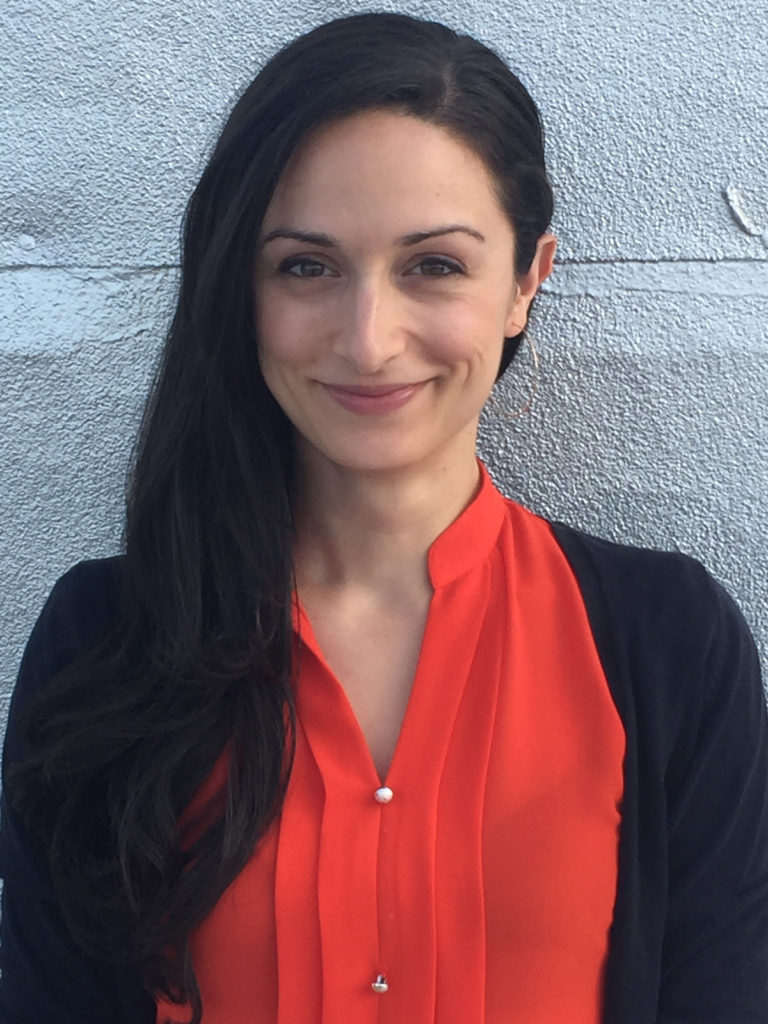
Siv B. Lie (Deputy Editor; “seev bee lee,” she/her) is interested in relationships between cultural production, race, and politics. Her research in ethnomusicology and linguistic anthropology examines how Romani (“Gypsy”) groups use music and language to advance their own sociopolitical and economic interests. She teaches at the University of Maryland. More information can be found on her website.
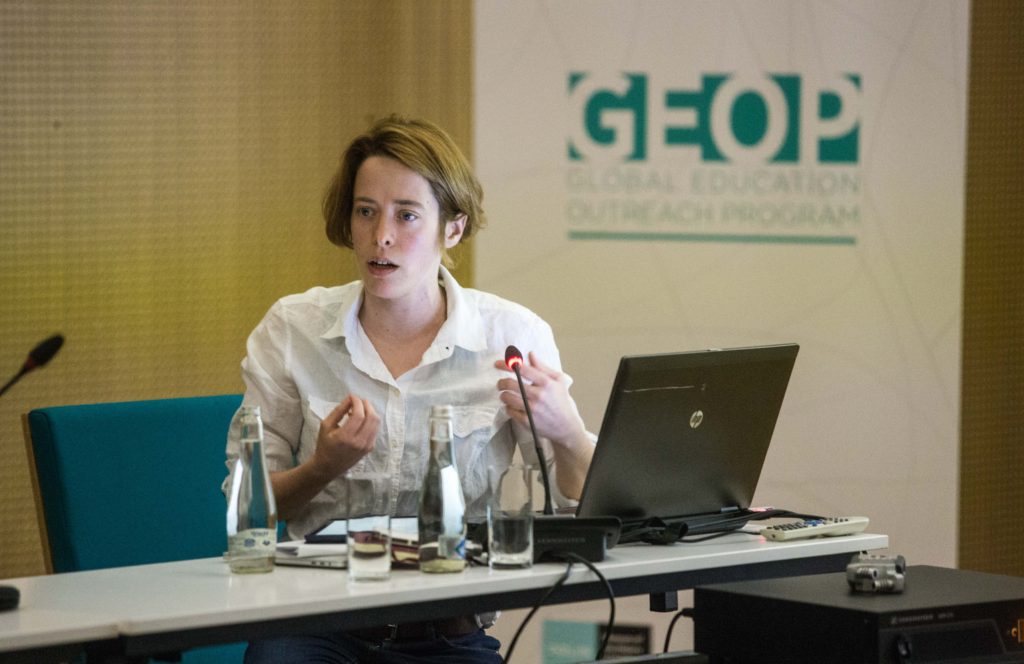
Andrea F. Bohlman (she/her) studies the political stakes of music making and sound in the twentieth and twenty-first centuries, weaving together archival and ethnographic methodologies. She teaches at the University of North Carolina at Chapel Hill. Much of her writing thinks through questions of political agency and strategies of shaping social movements through sound and music in Central and Eastern Europe. Bohlman’s articles and presentations on the history of sound recording—on mixtapes, soundwalks, and flash mobs—focus on the everyday, with particular enthusiasm for creative work with tape and tape recording.
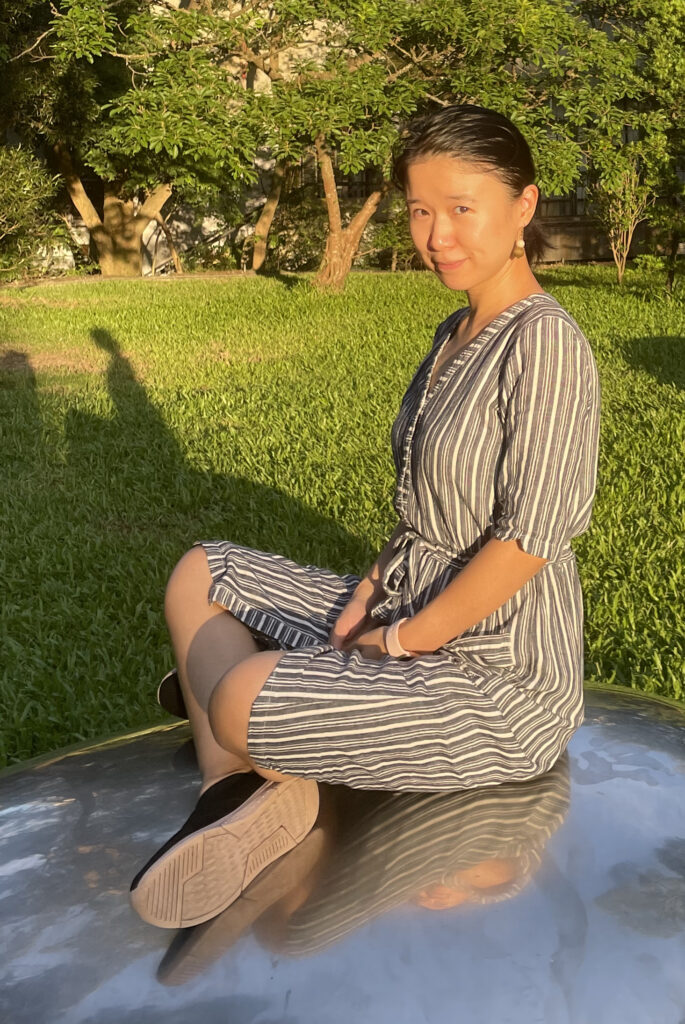
Amanda Hsieh is a music historian, currently working on a transnational project, investigating how Germany and Japan, as young and ambitious empires, articulated their domestic and international aspirations through opera. Amanda was born in Taiwan and has spent time feeling more-or-less foreign in Canada, Germany, Hong Kong, and the UK. At Musicology Now, Amanda seeks materials that challenge the centrality of, or work through one’s relationship to, the American academy.

Miki Kaneda (she/her) researches transcultural movements and the entanglements of race, gender, and empire in experimental, avant-garde and popular music. Her recent projects study the role of care in musical labor and contemporary musical practices. Miki teaches in the Department of Musicology and Ethnomusicology at Boston University.
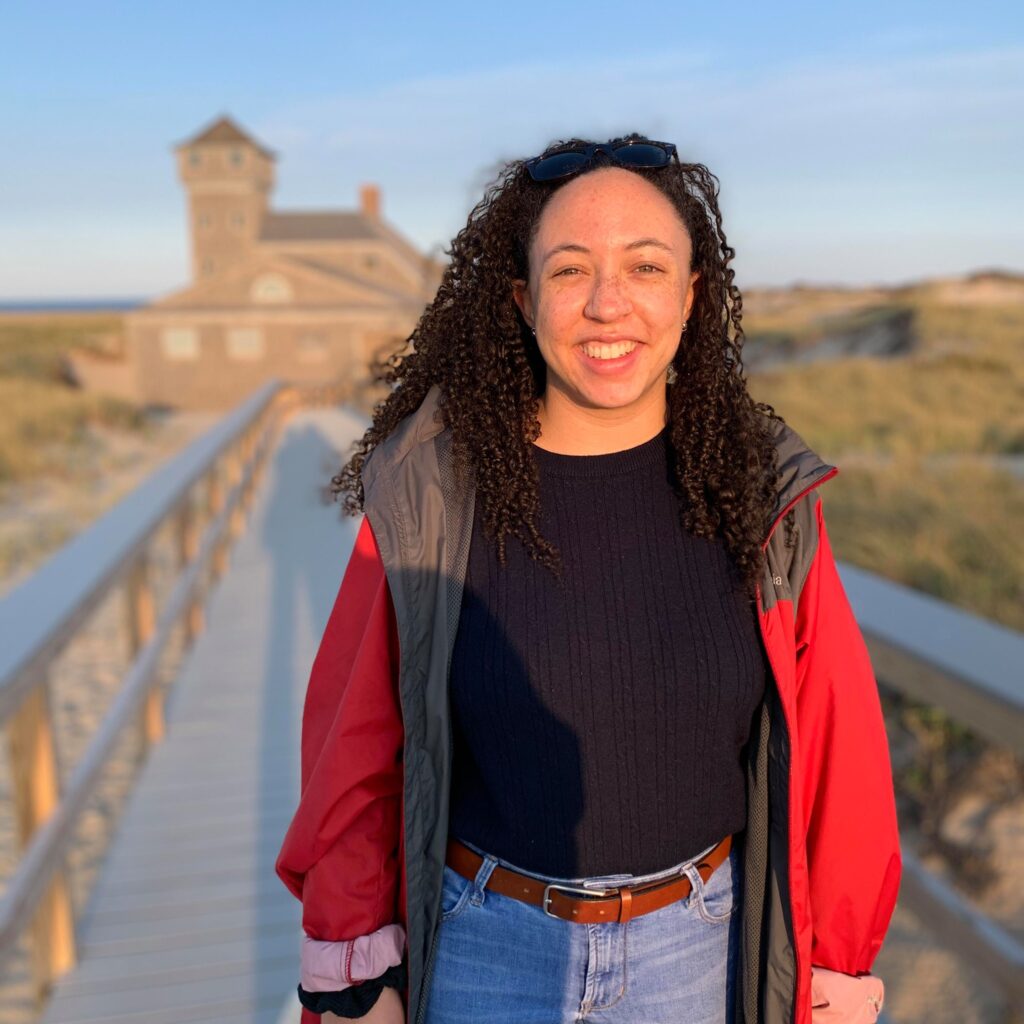
Cana F. McGhee (KAY-nuh muh-GHEE) works at the intersection of musicology and the environmental humanities. In general, Cana’s writing and teaching explore musical engagements with natural science, climate change, and environmental movements. Through a play-oriented multidisciplinary approach, her dissertation illuminates musical and sonic histories of botany and in other practices of plant care. Cana is a native Atlantan, and she supplements her scholarship with choral singing, long runs, and creative writing. For more of Cana’s biography, please visit her website.
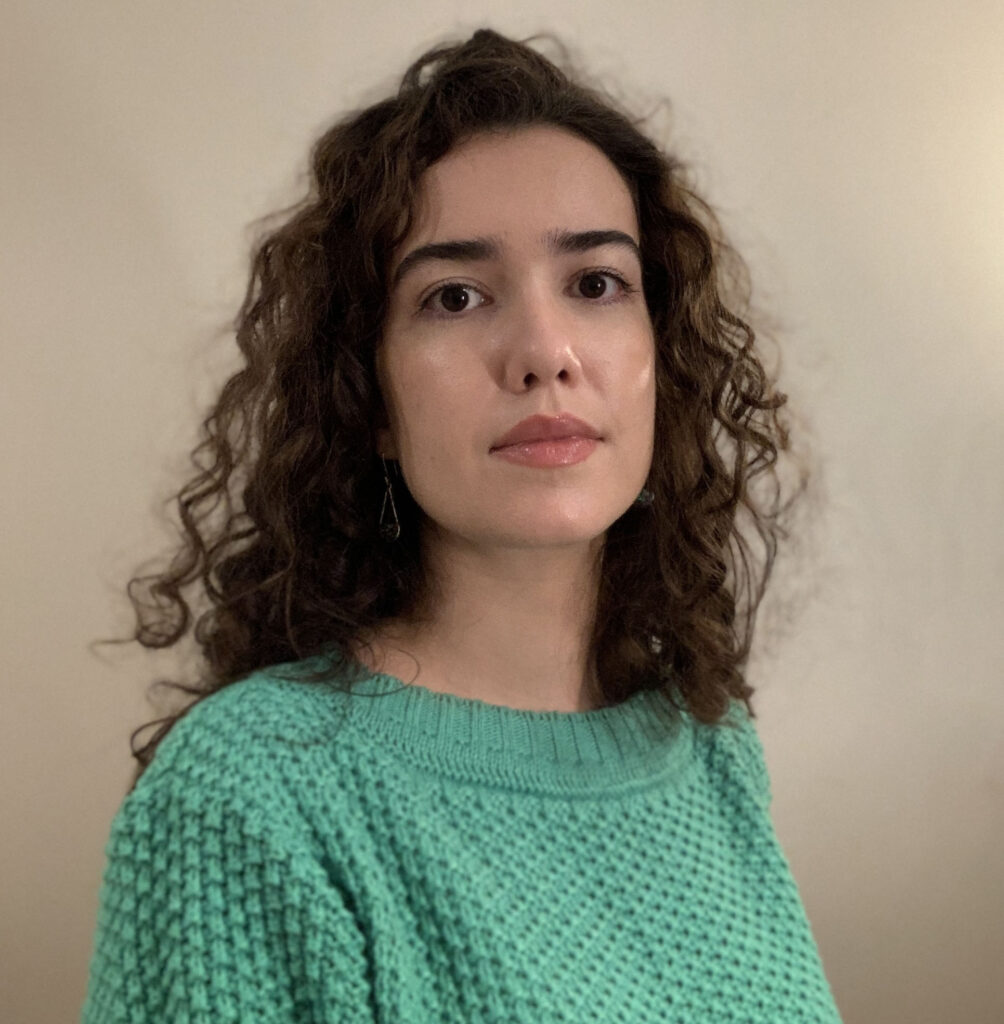
Cibele M. Moura (she/her) is a Ph.D. candidate in music and sound studies at Cornell University, where she studies Latin American and Latinx culture. Her interests include the deployment of popular music in social movements, the production of subjectivities in racial capitalism, and the links between racial and aesthetic formations. Moura’s current research focuses on the politics of obscenity and their vexed relationship with sonic cultures, aurality, and knowledge production. Building on obscenity’s conceptual instability, she explores the everyday workings of musical taste as it intersects with the racialization of sexualities.
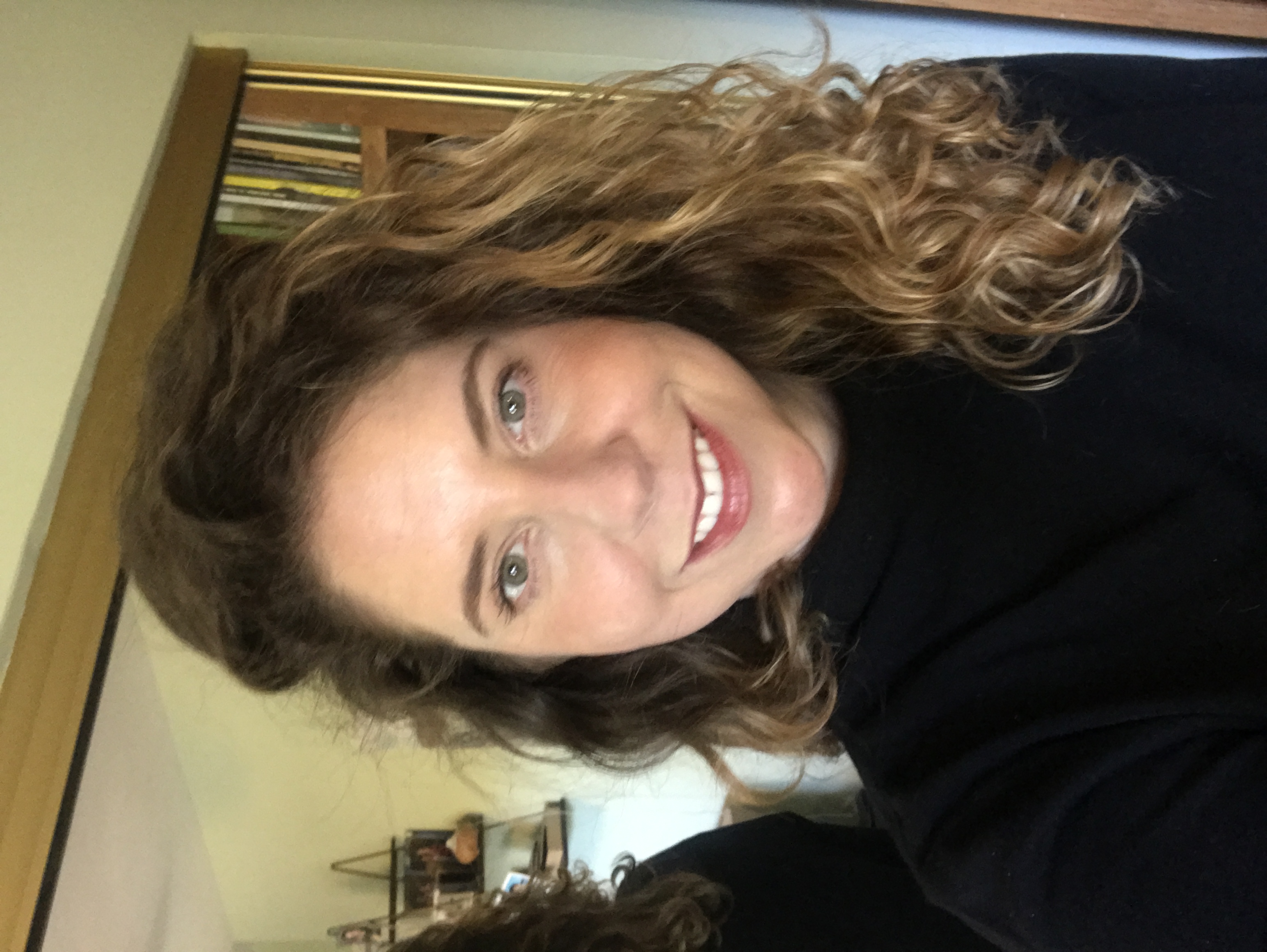
Alysse Padilla is passionate about diversity in higher education and alt-ac awareness. Often, their research sets sonic/musical topics in dialogue with gender and critical race studies. Their current work examines intimacy, object relations theory, and the kaleidoscopic nature of voice (as metaphor, material, and communal) through listening to opera-media in COVID-times.
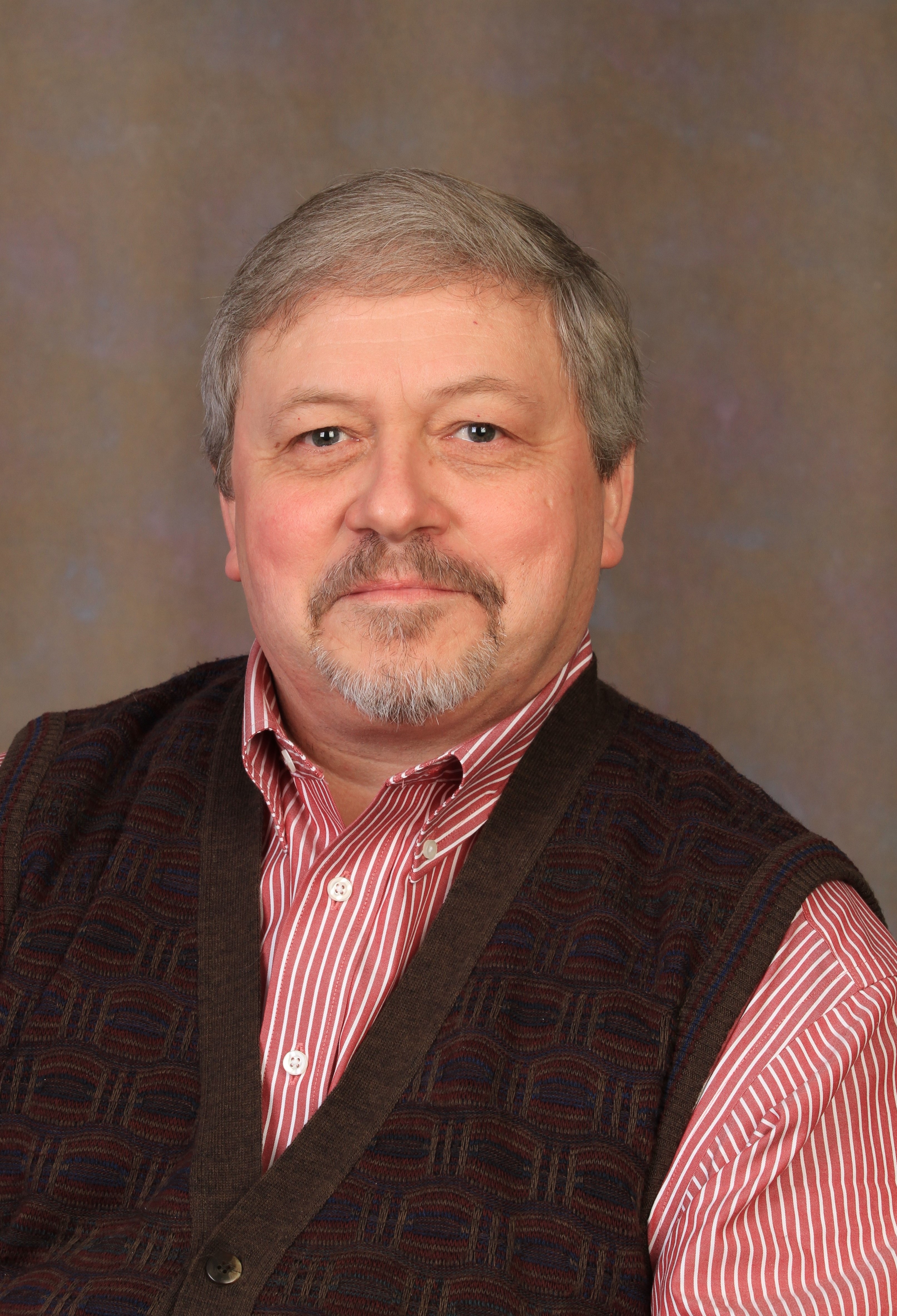
James Parsons is a music historian who studies the German art song and Beethoven with particular emphasis on the choral finale of the Ninth. His Lied research begins with the eighteenth century and continues to the twentieth, a special interest being the Hollywooder Liederbuch of Hanns Eisler. He teaches at Missouri State University.
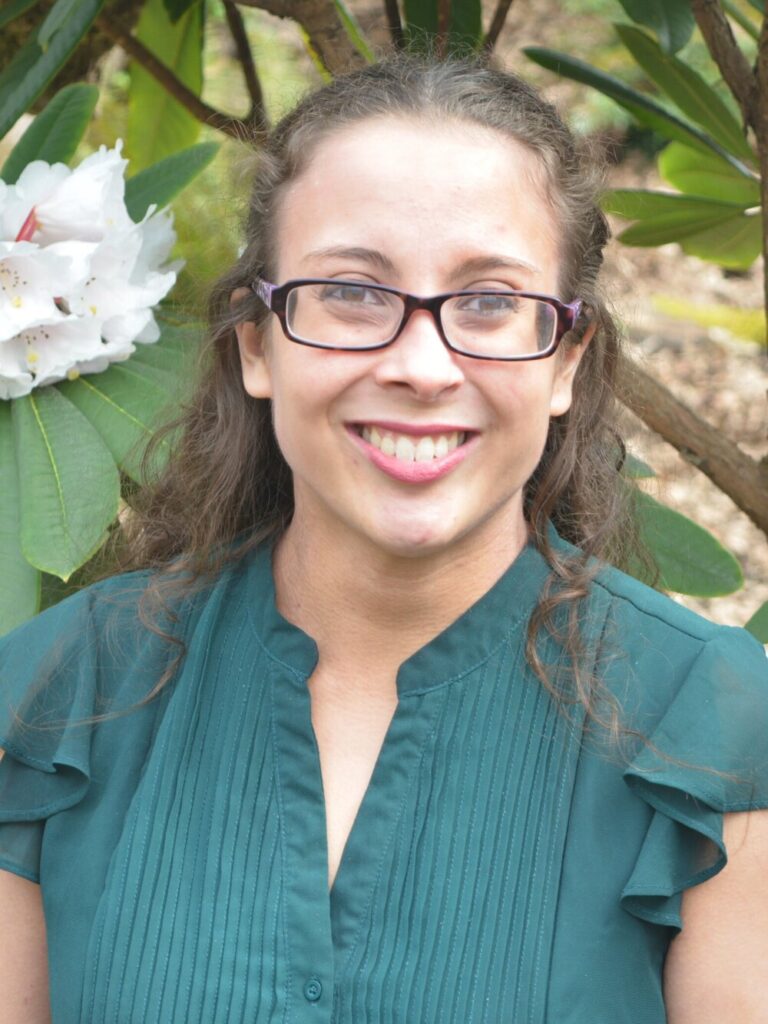
Rena Roussin (she/her) is a doctoral candidate at the University of Toronto, where she is writing an in-progress dissertation on constructions of disability and gender in Joseph Haydn’s late oratorios. More broadly, Rena’s research interests include conceiving of art music and music theatre as forms of activism in both historic and current contexts. As a Métis and settler European woman with additional Haida ancestry, she also has a major interest in the work Indigenous creators and performers are undertaking in opera and art music in Canada to further Indigenous equity and resurgence.
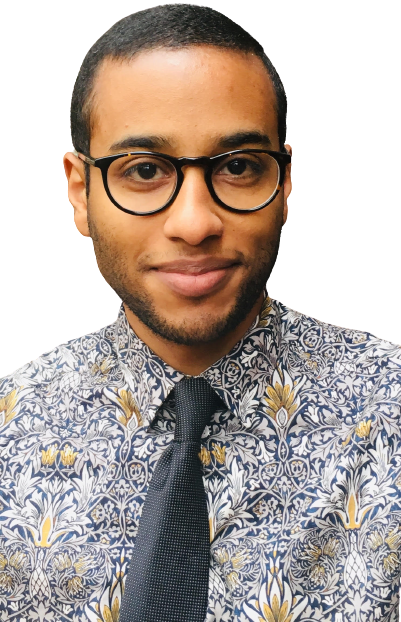
Marcus R. Pyle (he/him) is a professor of musicology at Davidson College. His research centers on depictions of operatic femmes fatales, Black female subjectivity, voice studies, French modernism, and the metaphysics of fictional entities. He writes about ways in which individuals transgress material, social boundaries. He is an active violist and founder of ChamberWorks Music Institute.

Wayne Weaver is researching the sonic landscape of late eighteenth-century Kingston, Jamaica. His doctoral dissertation explores the contributions of Euro-colonial composers (principally, the organist Samuel Felsted), as well as the African-descended musicians who engaged in the European repertoires of the time and place. Wayne is a doctoral candidate at Cambridge University (UK) and enjoys being an organist and choral conductor alongside his freelance work as a transcriber and editor of historic sheet music.
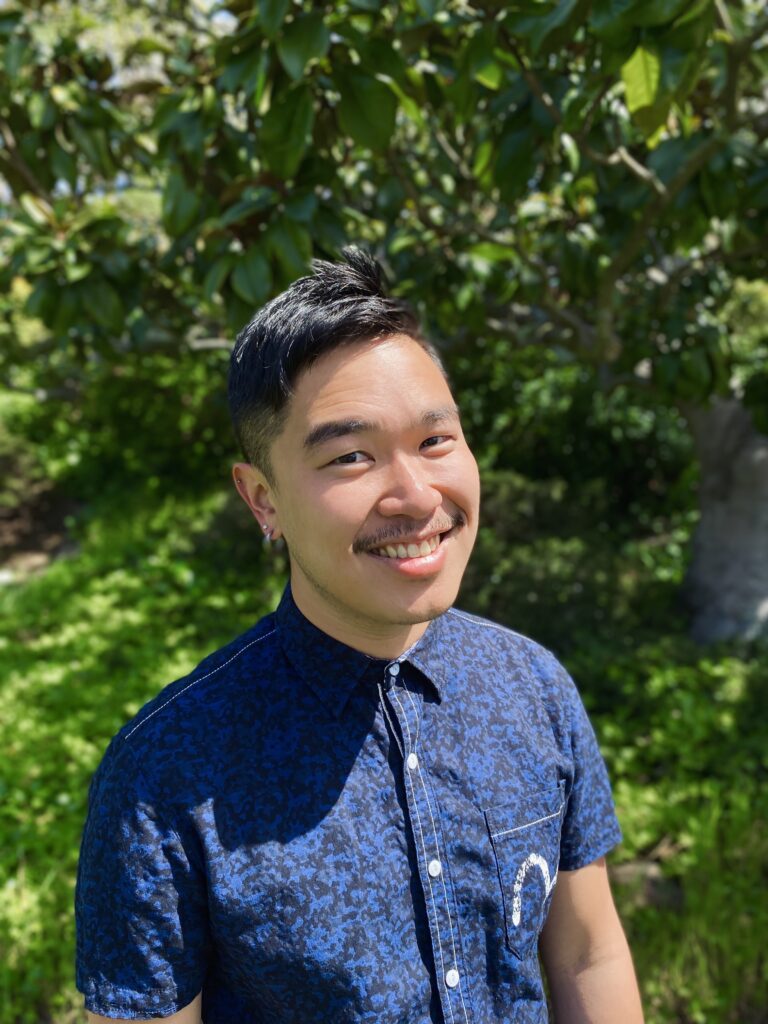
Parkorn Wangpaiboonkit (he/him/his) is a musicologist interested in questions of race, imperialism, opera, and nationhood. He researches the history of music and imperialism between Siam (present-day Thailand) and Western Europe. Parkorn is also enthusiastic about mechanical keyboards, memes, succulents, and baking, and is keen to incorporate practices learned from these hobbies into his musicological thinking.
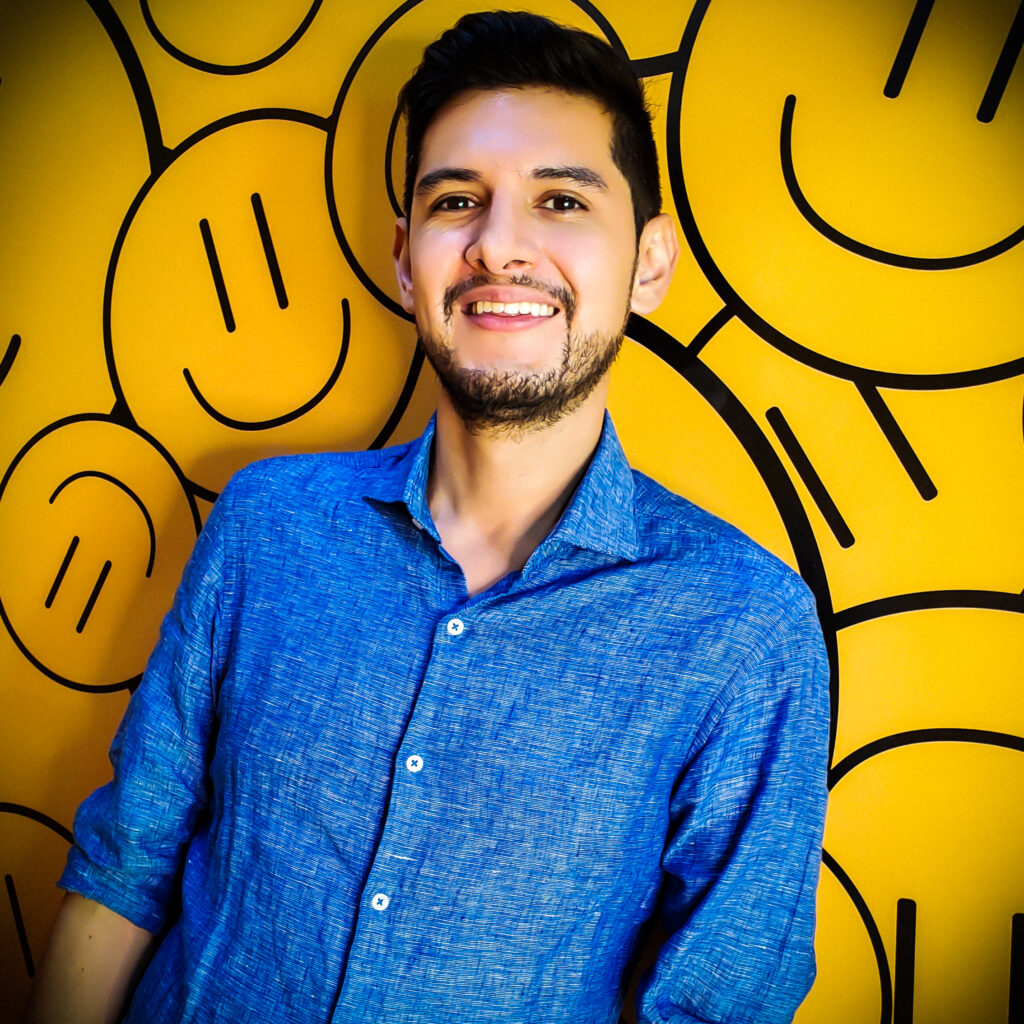
Sebastián Wanumen Jiménez (he/him – él) is interested in the intersection of sound and music with a variety of topics of Colombia, among them, twentieth-century performances and performativity, the internal conflict and its memorialization, and gender and sexuality at the Barranquilla’s Carnival. He likes engaging with the broader audience through podcasts and collaborating and appearing on different media channels. Sebastián enjoys researching, teaching, and writing for Boston University (where he is currently a PhD candidate in musicology and ethnomusicology), Universidad del Norte (Barranquilla), the Colombian National Symphony Orchestra, and other institutions and collectives.

